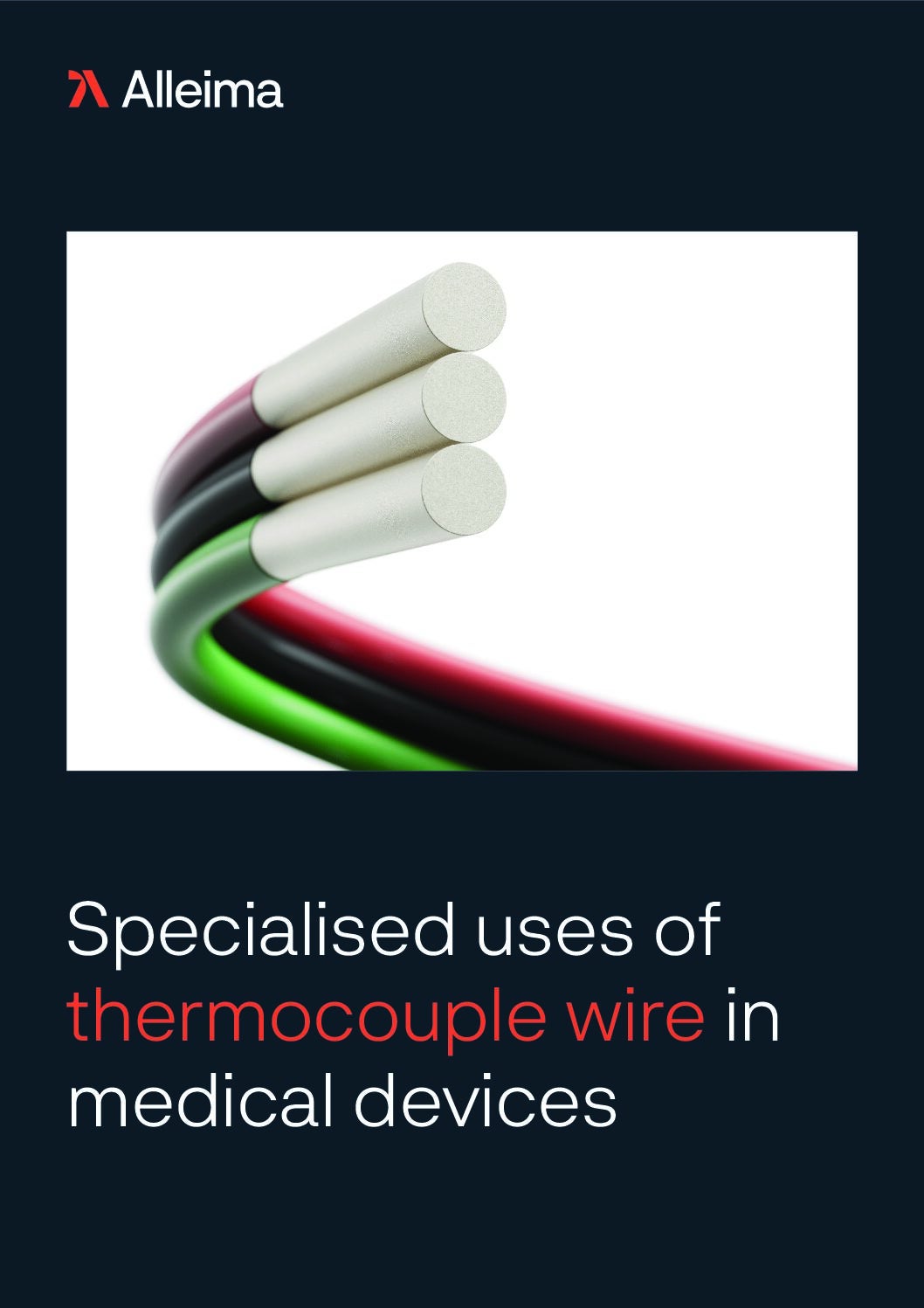
Digital therapeutics (DTx) are emerging as a promising healthcare innovation, offering new avenues for the prevention and treatment of various medical conditions. These software-based interventions harness the power of technology to deliver evidence-based treatments, monitor patient progress and improve health outcomes.
However, a potentially major barrier to the widespread use of digital therapeutics is the limitation or lack of reimbursement by public and private health insurance providers. Reimbursement for digital therapeutics varies by country and region, with many healthcare systems still adapting to accommodate these novel interventions.
Value-based reimbursement
Digital therapeutics are often seen as cost-effective solutions that can improve patient outcomes and reduce the long-term burden on healthcare systems. Value-based reimbursement models, where payment is tied to the achievement of predefined health outcomes, are gaining traction. This shift encourages the adoption of digital therapeutics as a means of delivering effective and efficient care.
According to Alessio Brunello, pharmaceuticals analyst at GlobalData: “Due to increasing levels in healthcare spending, combined with declining R&D returns, digital therapeutics represent a new way of treatment for pharma companies in which regulatory approved digital systems are used to treat medical conditions as prescribed therapeutic interventions.
“The industry’s interest in value-based care and patient centricity is helping to drive the adoption of DTx, as insurers and payers can use data and analytics to manage healthcare costs and help patients receive appropriate treatment. This will drive the adoption of DTx, as healthcare stakeholders are placing increasing emphasis on cost-effectiveness.”
Regulatory hurdles
Navigating the reimbursement landscape for digital therapeutics can be challenging due to regulatory hurdles and the varying policies of different payers. Developers must engage in discussions with payers to demonstrate the economic and clinical value of their products.
Collaboration between stakeholders, including healthcare providers, payers, and digital therapeutic developers, is essential to streamline reimbursement processes.
Brunello adds: “Despite DTx technologies potentially reducing total healthcare costs, increasing trial efficacy and improving patients’ health, there are a few challenges to address before they become an integral part of modern medicine, such as better alignment between providers, pharmaceutical companies and payers.”
Digital therapeutics hold immense potential to transform healthcare by providing evidence-based treatments through software applications. The regulatory landscape is adapting to accommodate these innovations, with governing bodies such as the US Food and Drug Administration (FDA) taking steps to ensure patient safety and efficacy.
Meanwhile, reimbursement models are evolving to incentivise the adoption of digital therapeutics, emphasising value-based care.
Facing challenges together
As the field of digital therapeutics continues to mature, it is crucial that developers, healthcare providers and payers collaborate to navigate the regulatory and reimbursement challenges together. This will not only drive the adoption of digital therapeutics but also pave the way for more personalised and effective healthcare interventions in the digital age.
Advances in effective medical device technology would not be possible were it not for innovations in medical wire. Wire components play a vital role in the design and development of devices, being responsible for sensing and transmitting data.
Alleima is an industry leader in designing and developing medical wire components, based on extensive experience in metallurgy and process development. Working with more than 200 alloys, and specialising in choosing the best materials and configurations, Alleima’s wire-based components are used in a variety of applications, including vascular therapy, sensing and neurostimulation.
Alleima’s wire-forming facilities in Italy, Switzerland and the US adhere to ISO 13485 and ISO 9001 (for quality management systems) requirements, as well as to ISO 14001 and ISO 45001 for environmental management and occupational health and safety, respectively.
For more information about the wire products from Alleima visit their website.



